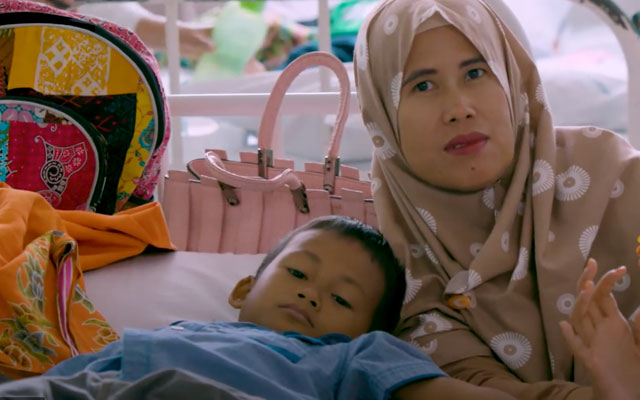A key focus area of the World Federation of Hemophilia is the outreach and identification of undiagnosed people with bleeding disorders (PWBD). This activity is of critical importance to our community because many people are simply not aware that they have a condition—and are suffering as a result.
Undiagnosed patients can be found through healthcare practitioner (HCP) education and awareness-development campaigns. The former activity involves educating physicians and front-line carers in non-related fields—such as those working in emergency care settings or walk-in clinics—so that they can recognize someone with a bleeding disorder. The other activity involves educating the general population so that they can encourage people who are suffering to seek care. This can be done through the distribution of physical material such as brochures, posters, and educational pamphlets.
The WFH Humanitarian Aid Program—which addresses the issue of access to care around the world for people with bleeding disorders (PWBD)—plays an important role in outreach and identification at the WFH. In Indonesia, the Program supported the development of an outreach and identification system which is helping to make a difference in people’s lives. The results have been encouraging, with one healthcare facility—Cipto Mangunkusumo Hospital—seeing an increase in bleeding disorder cases. This increase is believed to be driven by outreach and identification, and also by the fact that now that the WFH Humanitarian Aid Program is making factor more readily available in the country, treaters and hemophilia societies are no longer reluctant to diagnose new patients since they now have the means to treat PWBD.
To see the outreach and identification efforts being done by the Cipto Mangunkusumo Hospital, please watch the video above. To learn more about the WFH Humanitarian Aid Program, please click here.
About the WFH Humanitarian Aid Program













